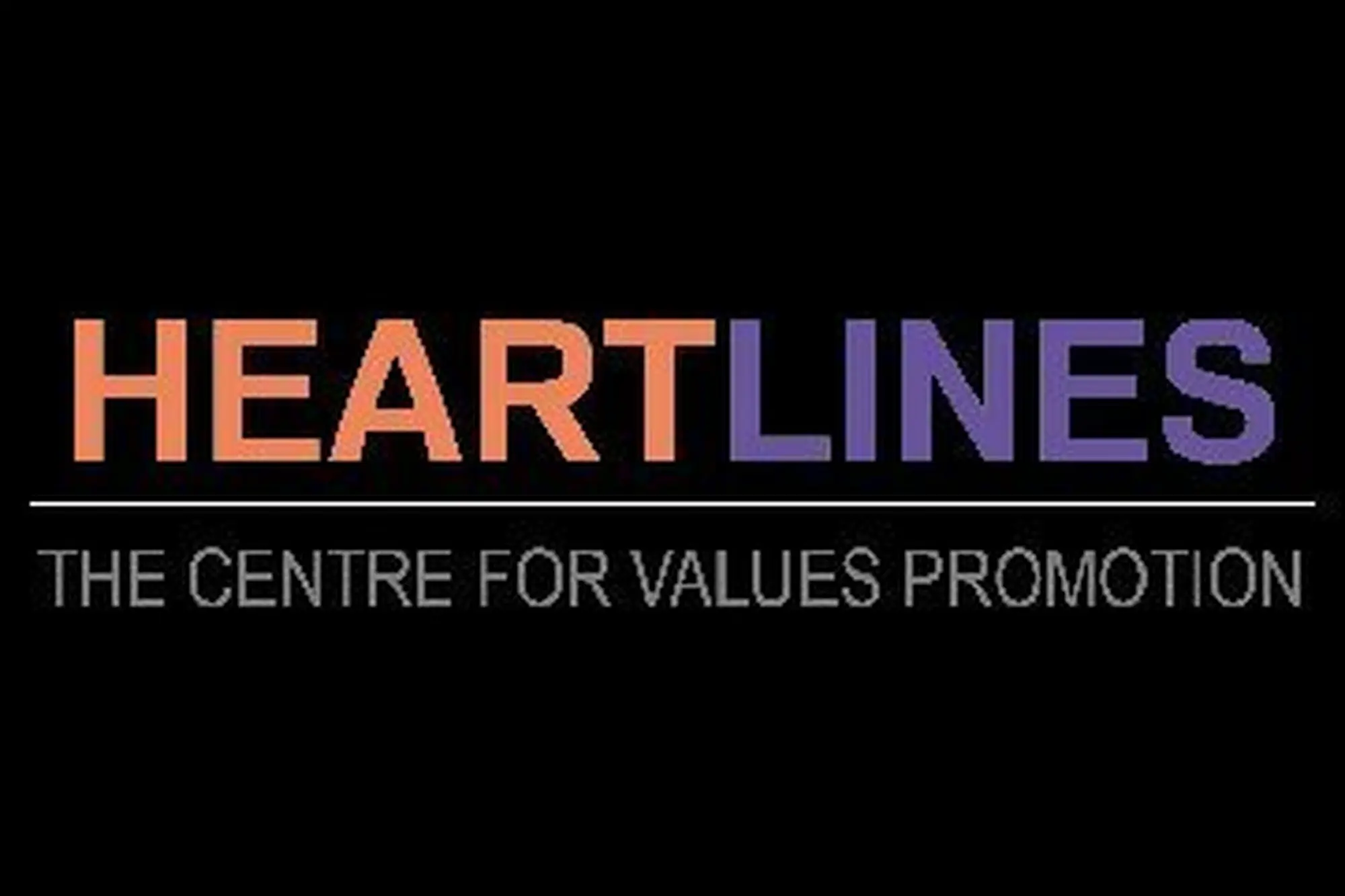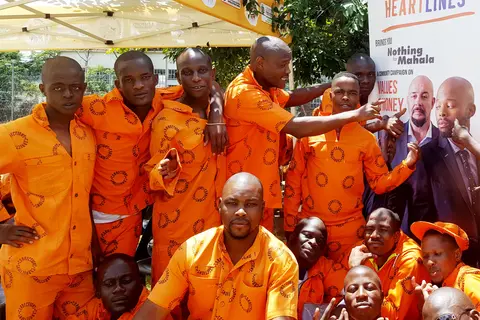Of cattle kraals and swimming pools
Gang , Gambling* Dr Garth Japhet's recent encounters at funerals cause him to reflect on role models and living a life that matters *

Funerals have a way of making me reflect on life and I have been to a number of these recently. There were the usual tributes to the deceased and as I listened, I was struck not by what was said but rather by what was not.
One of the funerals was of my HEARTLINES colleague, Archie Sitole. Like most of our staff, he gave up the security of a corporate job to tackle the uncertainty of building our country’s future.
As a young man, Archie had done extraordinary things with young people through the Soweto-based organisation “Youth Alive”. Although he ventured into the corporate world, his heart always wanted to make the world a better place. Time and bills got in the way but he eventually came full circle and returned to what he loved doing.
I first met Archie at church. And I said goodbye to him at the same church during his funeral. It was a long funeral because Archie had lived a life worth celebrating. About 900 people were there to talk about him as a friend, uncle, mentor, father... over three hours passed and nothing was said about the jobs he had, the cars he drove or the things he owned.
So if funerals are the last testament to our lives, it would seem that the only legacy that really matters is “who” we were and not what we had.
One would expect that this truth would be reflected in what we admire in the living and what we seek to role model for our children. But the sad reality is that this is not the case.
Our society does not promote service, integrity, and compassion as the qualities we admire most in people, but rather we hold up what people have, as the ultimate testament to success. We feed this with our advertising, celebrity magazines and music videos. We celebrate people for their looks, their cars, their clothes, their cattle kraals and their swimming pools but then we wonder why we have leaders who have lost their moral compass.
Ask a sample of young people what their purpose is and I can guarantee that many will mention getting rich and possibly famous as a key life goal. Few will aspire to develop character and to emulate the giants of a previous age such as Nelson Mandela and Desmond Tutu, for whom living a life of principle, moral courage and rectitude was a priority.
So what are we to do? How do we ensure that the Thuli Madonselas become the icons of our society and not the Khanyi Mbaus and Kenny Kunenes?
It may help to understand why role modeling is so important. In the field of behaviour change the concept of “the social norm” is very powerful. Basically it postulates, correctly I believe, that we tend to behave according to what we believe is normative in our society. So if we see our role models and leaders behaving in a certain way, it gives us license to do the same.
So does that mean we, as ordinary citizens, are not to blame? It’s not us, it’s them? If we had better leadership we wouldn’t be in this moral morass?. Yes, but no. They are to blame, but so are we. We are all leaders and role models in some way and we are all responsible for shaping the social norm to a greater or lesser extent. It reminds me of that maxim that when we point at someone we have three fingers pointing at ourselves.
So change is not an “out there” thing. It is not something we wish for, while being guilty of impropriety ourselves. It begins with us.
Do we praise our children as much for their sportsmanship as for their winning? I have been shocked by how some parents subtly drive their children to break the rules, because “winning is not everything, it’s the only thing.” Are we surprised then, when these same children break other rules?
Do we affirm our children as much for their integrity as for their intelligence? We reflect our priorities by the awards that are given out by schools. Most have numerous awards for sporting, arts and academic prowess but few if any for character (and they are usually awarded to the child who didn’t win anything else!) So what does this tell the children about what is important in our society?
Do we take our worth from the quality of our clothes rather than the quality of our relationships? Certainly many of us do, and we incur massive debt to look the part. We buy things we don’t need to impress people we don’t know.
So I challenge myself to be, in Ghandi’s words, “the change I want to see” and to lead by example. If I do that and you do too, then maybe we, like Archie, will have significant funerals and maybe we will grow a new generation of leaders who will bring us back from the moral abyss and who will have very long funerals indeed.
Dr Garth Japhet is CEO of HEARTLINES.
This article was published in Saturday Star, 12 April 2014.
Featured






